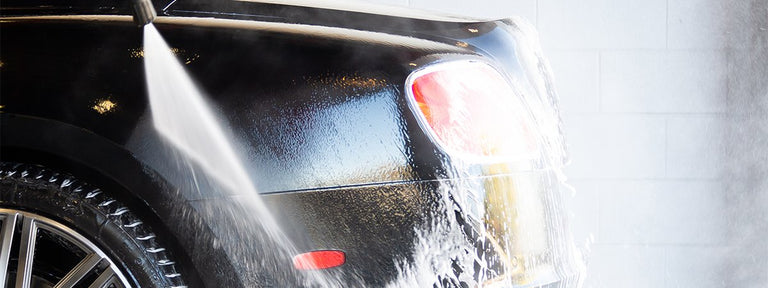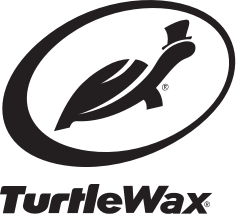
FREE DELIVERY ON ORDERS OVER $30
15% OFF HYBRID SOLUTIONS WITH CODE HS15
THOUSANDS OF 5-STAR REVIEWS
- Home
-
Exterior
- Wash
- Wax, Seal & Coat
- Paint Correct
-
Restore
- headlight restoration
- scratch repair
- trim restoration
- bug & tar removal
- metal & chrome finish
- View all Restore
- Wheel & Tire
- View all Exterior
- Interior
- Hybrid Solutions
-
Mister Cartoon
- Mister Cartoon Complete Collection
- Mister Cartoon Air Care & Foggers
- Mister Cartoon Wash, Wax & Detailer
- Mister Cartoon Interior, LVP & Protectant
- Mister Cartoon Wheel & Tire
- View all Mister Cartoon
- Car Care Kits
- Accessories
- Learn
- Rewards
- Product Finder
FREE DELIVERY ON ORDERS OVER $30
15% OFF HYBRID SOLUTIONS WITH CODE HS15
THOUSANDS OF 5-STAR REVIEWS

HOW TO CHOOSE A PRESSURE WASHER THAT'S RIGHT FOR YOU
In this article, you will learn:
- How to choose a pressure washer that’s best for you
- When to consider a gasoline-powered pressure washer versus an electric one
- The best pressure washer setup for washing your car



